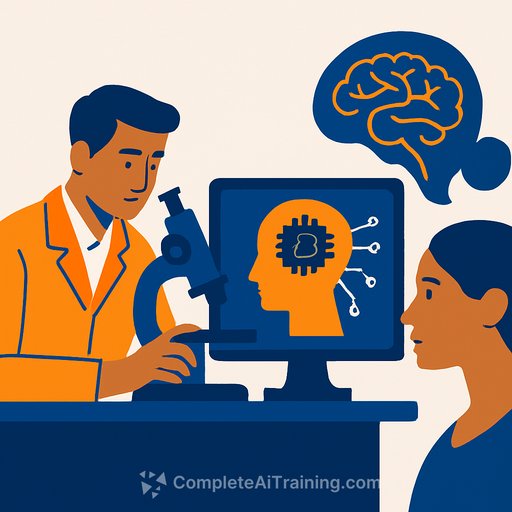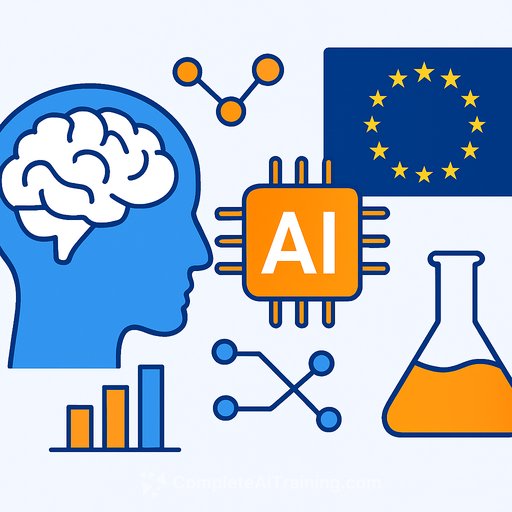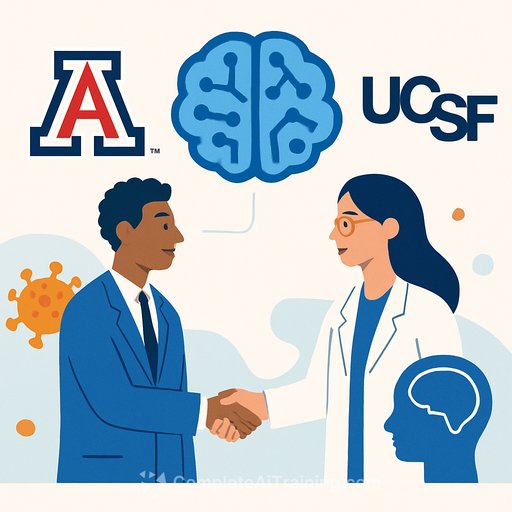Experimenting on AI Can (Sometimes) Teach Us About Ourselves
Recent research has explored how large language models (LLMs) can replicate human behavior in experimental settings. The study found that while these AI systems often mirror human responses quite closely, there are notable deviations that could mislead social scientists if not carefully accounted for.
This approach involves replicating published social science experiments using AI, offering a new angle for testing theories and hypotheses about human behavior. However, the differences in AI and human responses highlight the limits of what LLMs can tell us about ourselves.
Key Insights from AI-Based Social Science Experiments
- Surprising Similarities: Large language models often reproduce patterns seen in human behavior, suggesting they capture underlying social dynamics effectively.
- Crucial Deviations: Despite similarities, AI responses sometimes diverge from human ones in ways that could misinform interpretations or conclusions.
- Implications for Research: These differences underline the need for caution when using AI as a proxy for human subjects in social science experiments.
These findings encourage researchers to consider AI models as complementary tools rather than direct substitutes for human participants. The potential for LLMs to scale experiments rapidly is appealing, but careful validation against human data remains essential.
Why It Matters for Social Scientists
Social science research relies on accurate modeling of human behavior. Using AI models can accelerate data collection and testing but may introduce biases or artifacts unique to machine-generated responses.
Understanding where and why AI diverges from human behavior allows researchers to refine their methods and avoid pitfalls in interpretation. This balance enhances the reliability of conclusions drawn from experiments involving AI.
For those interested in applying AI thoughtfully in social science, exploring courses on AI and its applications can provide valuable skills. Resources like Complete AI Training offer practical guidance tailored to researchers.
Further Reading
- A recent study on replicating social science experiments with AI
- Sociological Methods Research on experimental replication
As AI continues to evolve, its role in social science research will become clearer. For now, combining AI experimentation with human data remains the best path to meaningful insights.
Your membership also unlocks:






